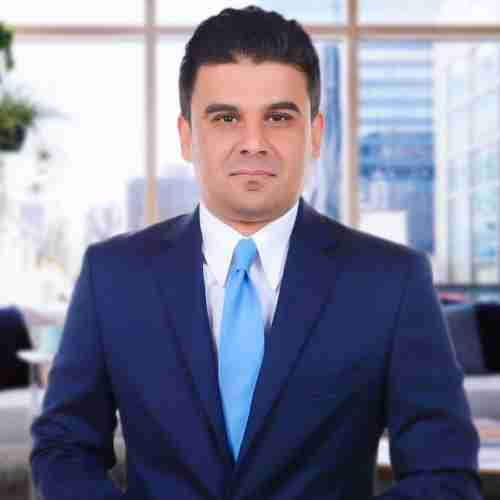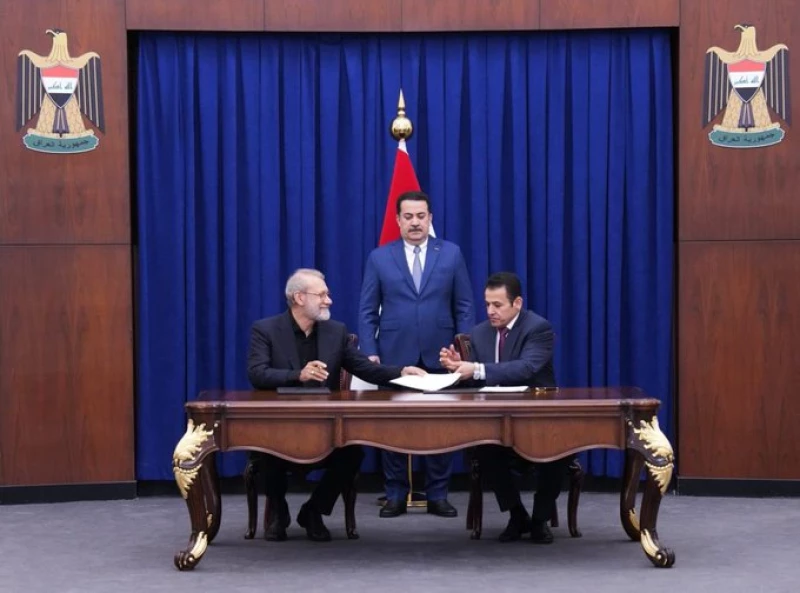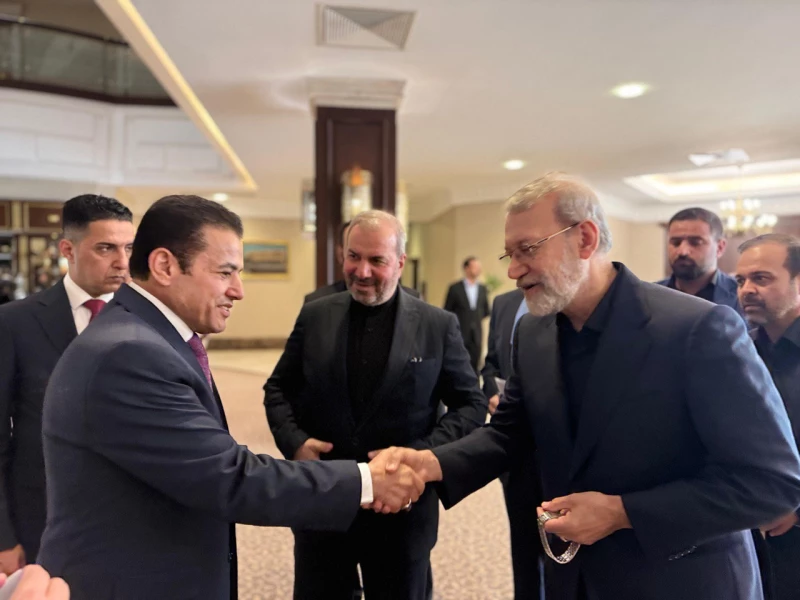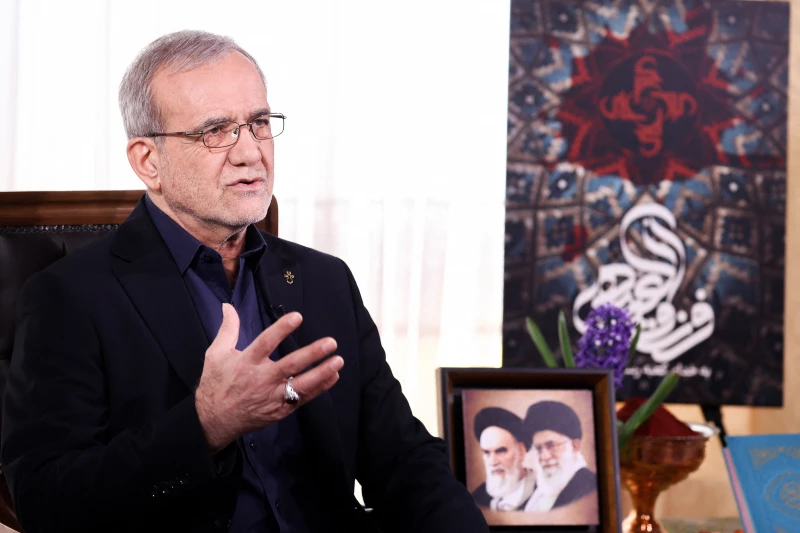Ebrahim Raisi's rise to the presidency has highlighted the conservative faction's strong grip on Iran's political landscape. Backed by Supreme Leader Ali Khamenei and the Revolutionary Guards, conservatives had already secured control of the Iranian parliament in the February 2020 elections.
This leadership forged a unified political strategy to tackle domestic challenges, heavily influenced by American sanctions imposed after the US withdrew from the nuclear agreement in May 2018, and further complicated by the assassination of Qasem Soleimani, the then commander of the Iranian Quds Force.
The most urgent question in Iran's political arena today is the future of the country's regional influence post-Raisi and how Khamenei will address this challenge. Raisi was not only Iran's president but also the leading contender to succeed Khamenei as Supreme Leader.
Iran is entering a particularly challenging period, with obstacles that must be managed carefully to avoid substantial losses. This situation is a major concern for Khamenei, as the stability and future of the Islamic Republic are at stake.
Reflecting on recent history
After Raisi's rise to power, Iran's role in the Middle East, as shaped by the Revolutionary Guards, grew beyond what many had foreseen. The progress is attributed to Iran's exceptional adaptability and a wide range of geopolitical strategies that can respond to sudden developments within its areas of influence.
The strategic insights of Iranian leaders, who possess a deep understanding of regional realities and trends, have been pivotal in this expansion. Crucially, Iran's ability to align its ambitions and national goals with the aspirations of populations in neighboring regions sharing similar sectarian beliefs has been central to its flexible strategic maneuvers, from the occupation of Iraq to present day regional issues.
This strategy relies on a diverse mix of geo-ideological, political, economic, military, and security elements, all woven together with pragmatism. It leverages both soft and hard power to create a multi-faceted approach, posing a formidable challenge to any regional and international forces seeking to expand their influence in the Middle East.
Raisi's ascent to power in August 2021 brought about a unified Iranian political narrative, particularly targeting Baghdad, Damascus, Beirut, and Sana'a. This consolidation was a key factor in Raisi's selection by the conservative faction and the Revolutionary Guards, with the backing of Supreme Leader Ali Khamenei.
The objective was to mend the rifts that had surfaced during former President Hassan Rouhani's administration, specifically between the presidency and the Revolutionary Guards over Iran's regional strategy. Consequently, the region now encounters a consistent and cohesive Iranian policy and message, replacing the previously varied and conflicting approaches.
In the post-Soleimani era, the Revolutionary Guards' strategy has centered on maintaining continuity and adapting their methods to strengthen their influence in the region. This approach aims to manage the dynamics of either reducing tensions or escalating confrontations with the United States, based on Iran's evolving interests.
The appointment of Hossein Amir-Abdollahian as Foreign Minister under Raisi marked a significant policy shift. Amir-Abdollahian, a key figure from the revolution's second generation, is a seasoned diplomat who had ties to Soleimani. He had the trust of the Supreme Leader and the Revolutionary Guards and maintained a strong network of relationships with Iran's proxies across the region.
Amir-Abdollahian's appointment as Foreign Minister under Raisi was strategically aimed at utilizing his expertise and connections to bolster the Revolutionary Guards' operations in Iraq, Syria, Lebanon, and Yemen. His role also sought to offset Esmail Qaani's difficulties in stepping into Soleimani's shoes and to streamline Iran's fragmented influence across the region. This reorganization was vital for revitalizing Iran's effectiveness and presence in the Middle East.
Maintaining the status quo
Iran will face numerous political and strategic challenges following Raisi, particularly in its traditional spheres of influence, from Baghdad to Sana'a. Amir-Abdollahian had established a robust network with Iran's regional allies, successfully managing the behavior of Iran's proxies during confrontations with American forces and in the Gaza conflict.
This raises a pivotal question: Will we see significant shifts in Iran's role in Iraq, Syria, Lebanon, and Yemen with the appointment of Ali Bagheri Kani as the new Foreign Minister following Amir-Abdollahian?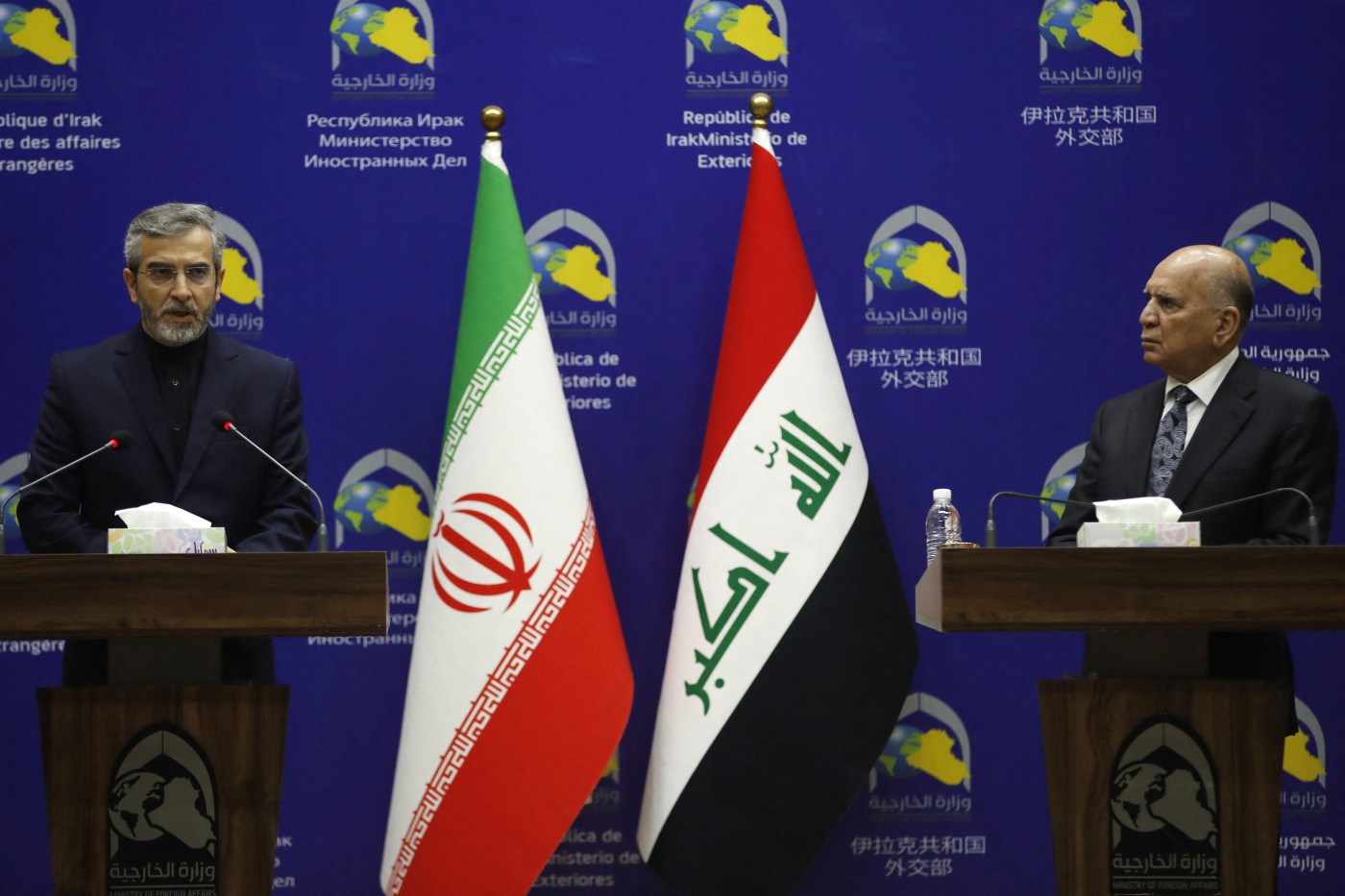
Ali Bagheri Kani embodies a faction of Iran's conservative establishment, known for his hardline political views. Backed by the Revolutionary Guards and trusted by the Supreme Leader, Kani has been instrumental in managing indirect diplomacy to revive the nuclear agreement with the United States. However, unlike his predecessor Amir-Abdollahian, Kani lacks an extensive network of relationships in key areas of influence, presenting him with additional challenges in his new role.
Iran's role in Baghdad, Damascus, Beirut, and Sana'a is set to undergo a transitional phase. This period will help the regime absorb the impact of recent events and allow the new Foreign Minister to reorganize Iran's regional and international strategies. The regime's immediate priority will be to expedite the presidential elections, as a prolonged vacancy poses a significant challenge for the Supreme Leader, who must now find a trusted successor following Raisi's departure.
A glance at Iran's regional role in this coming phase clearly indicates that the primary responsibility will rest with the Quds Force, particularly Qaani, until Kani can establish himself. It's important to note that while the Iranian Foreign Ministry plays a secondary role to the central influence of the Revolutionary Guards, it is still crucial for providing a legitimate and diplomatic framework for Iran's regional activities.
The new Iranian leadership might favor continuing the "field diplomacy" approach employed by Amir-Abdollahian, which bolstered the presence of Iran's proxies to further its influence in the Middle East. However, they lack the political acumen that Amir-Abdollahian had in managing these operations. This deficit could pose significant challenges for Iran's role in the region in the coming phase.
Key external issues
In the coming period, Iran will focus on the same key issues that concerned Amir-Abdollahian. These include securing the political and military status of its allies and maintaining its influence in the Gaza conflict.
These priorities will be prominent on Kani's agenda. Although Kani takes a more hardline stance on Middle Eastern issues than Amir-Abdollahian, Khamenei's central role in shaping Iran's foreign policies will moderate Kani's actions, preventing him from completely abandoning Amir-Abdollahian's previous approach.
Iran's most significant challenge in the near future will be maintaining control over its conflicts with the United States and Israel, as was managed during Amir-Abdollahian's tenure, especially in Iraq and Syria. There is substantial concern within Iranian political circles that Kani's hardline approach might embolden Iran's proxies in Iraq and Syria to overstep boundaries, potentially escalating attacks on American forces or provoking Israeli retaliation.
Following Raisi, Iran's leadership approach is unlikely to see significant changes, especially amidst the region's current conflicts. In Iran's political system, where the Supreme Leader has the ultimate authority, the president and his team primarily execute state policies. Consequently, Raisi's successor will likely continue his path, adhering to the Supreme Leader's directives.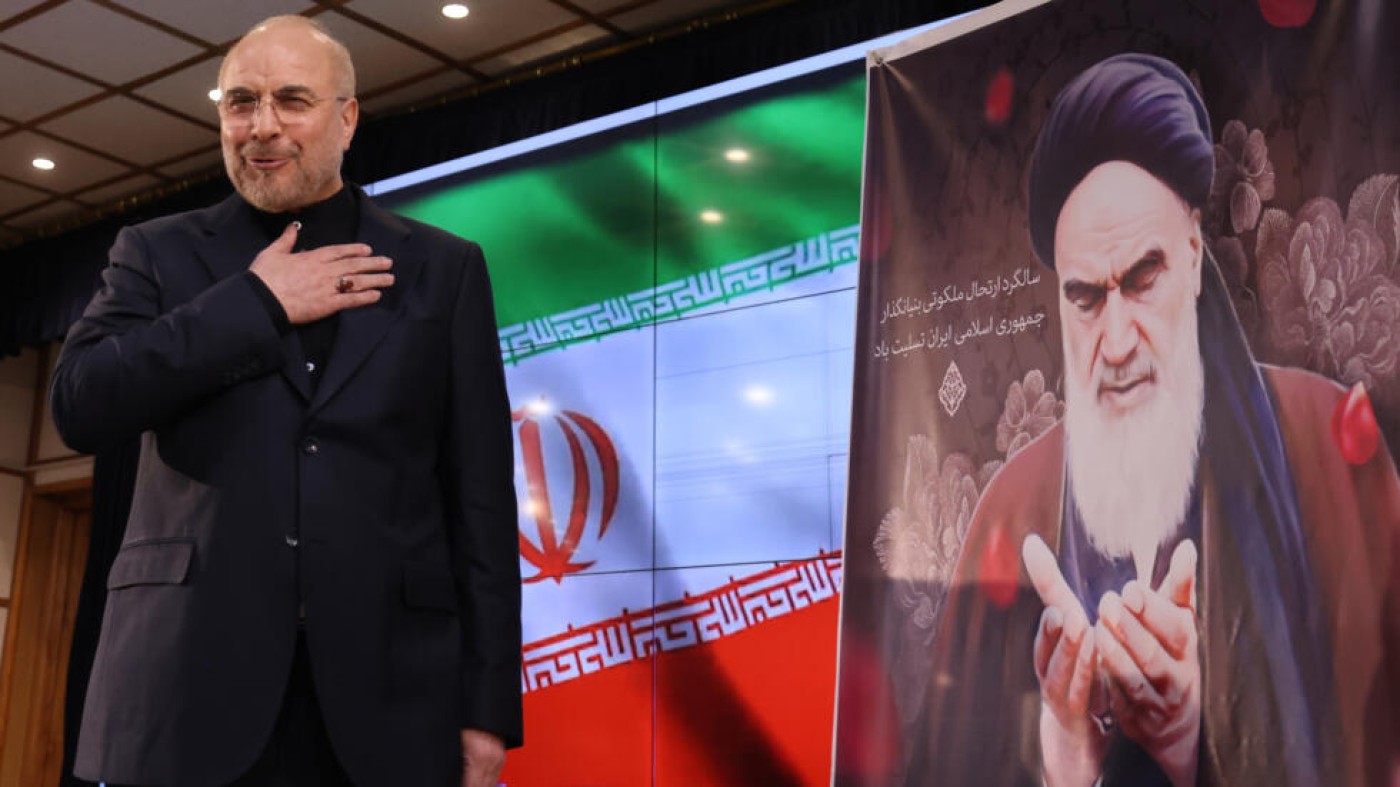
Iranian Parliament Speaker Mohammad Bagher Ghalibaf salutes the crowd during a press conference after submitting his candidacy for Iran's upcoming presidential election in Tehran on June 3, 2024. (Photo by ATTA KENARE / AFP)
The political background of Iran's next president will be crucial in shaping the country's future. As the Iranian government opens the registration for presidential candidates for the June 29 elections, a diverse array of names, from reformists to conservatives and hardliners, are emerging.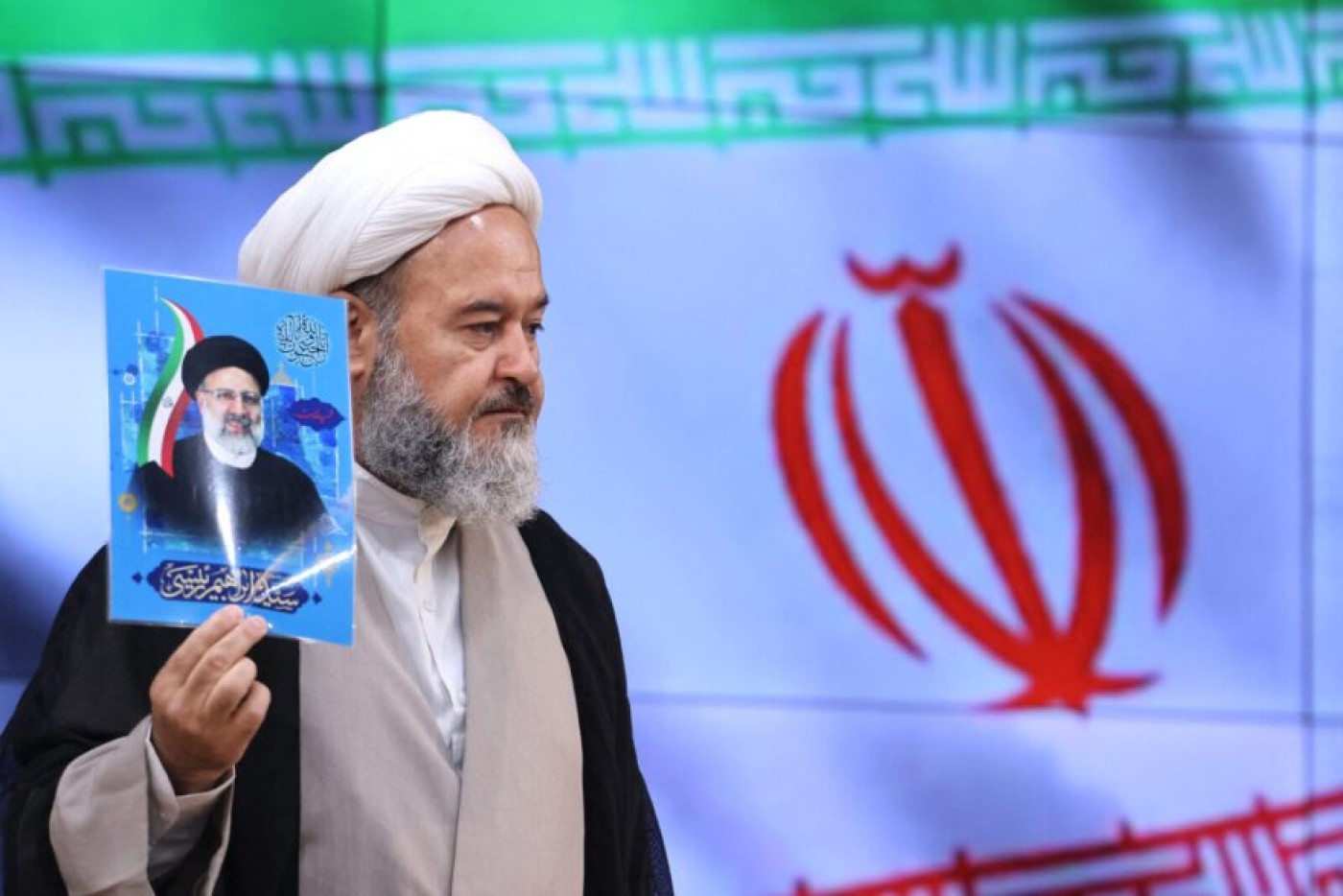
Iranian cleric Ahmad Akbari carries a portrait of late President Ebrahim Raisi, who was killed in a helicopter crash in May, as he delivers a speech after submitting his candidacy for Iran's presidential elections at the Interior Ministry in Tehran on June 3, 2024. (Photo by ATTA KENARE / AFP)
The new president's background will significantly influence Iran's role in the Middle East. More importantly, it will reflect Supreme Leader Khamenei's vision for the country's direction, depending on whether he prefers a conservative, reformist, or hardline leader.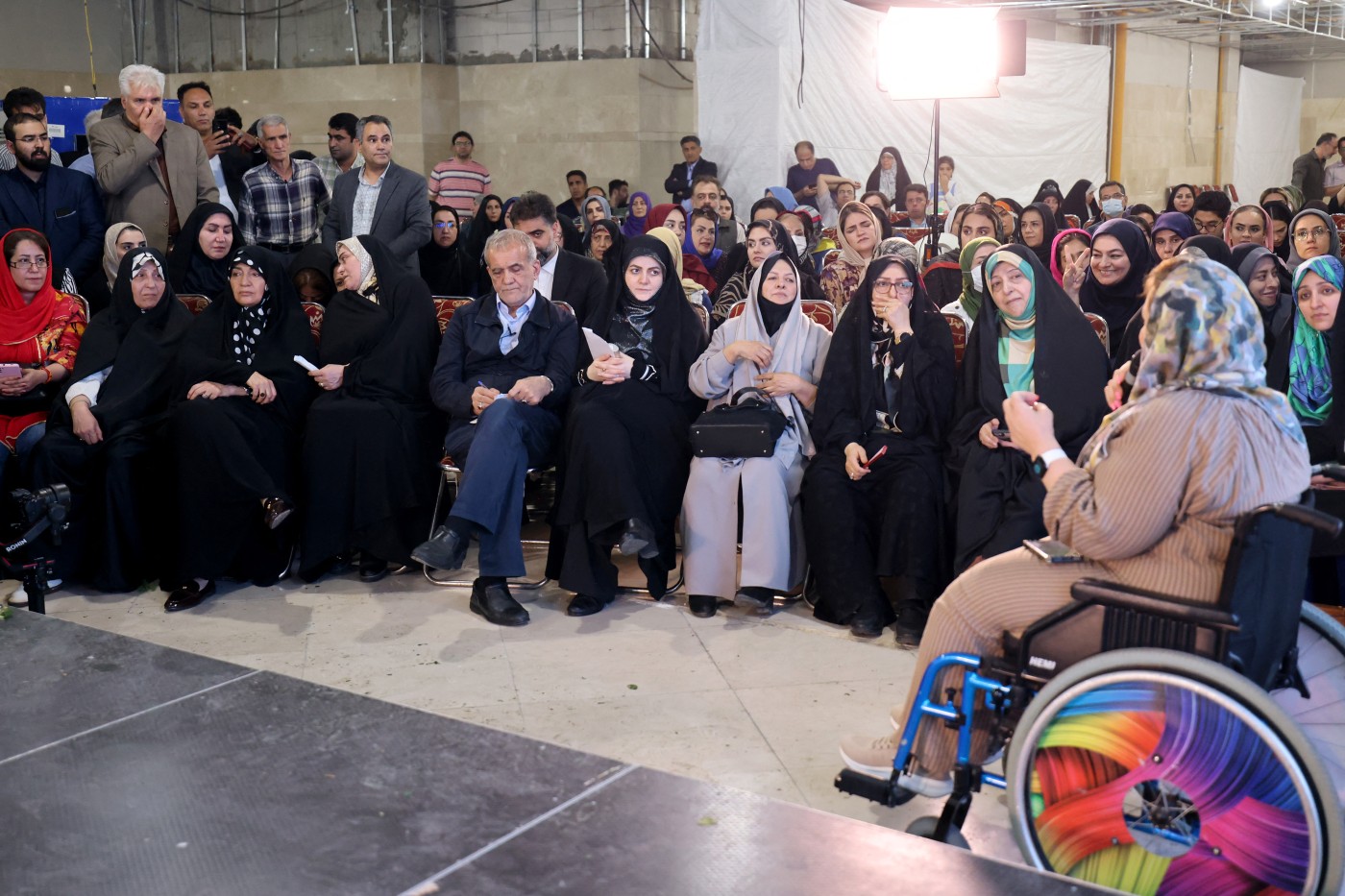
Iranian reformist candidate Massoud Pezeshkian, writes notes as he attends a meeting with Iranian women as part of his election campaigning, in Tehran on June 14, 2024. (Photo by ATTA KENARE / AFP)
The new Iranian leadership's agenda will prominently feature indirect negotiations with the United States to revive the nuclear deal and a policy of conciliation with several regional countries. However, the ongoing conflict in Gaza is likely the most immediate and critical issue.
Maintaining a political solution that keeps Hamas active in Gaza and prevents the conflict from escalating is essential for Iran's strategy and the stability of its regional allies. The greatest concern for Iran right now is that the instability following Raisi's death could be used to reshape the regional landscape in a way that undermines its ambitions.
The western perspective, particularly the U.S.
The statement from the U.S. Department of State following Raisi's death clearly indicates the American stance on the developments in Iran. The statement read, "As Iran chooses a new president, we reaffirm our support for the Iranian people and their struggle for human rights and fundamental freedoms."
This position is consistent with Washington's previous messages about the Iranian regime, especially after withdrawing from the nuclear agreement and indirectly supporting protests in Iran.
Western countries, particularly the United States, undoubtedly hope that Iran's regime, especially under Khamenei, will bring forth new leadership capable of engaging with the West and moving away from the hardline stance of Raisi and Amir-Abdollahian. The outcome of next month's Iranian presidential elections will likely shape Iran's future approach in dealing with the United States, determining whether it will continue Raisi's hardline policies or adopt a new direction.
Khamenei's continued presence remains the primary influence on Iran's future stance towards the West and the United States. However, Iranian political history has shown that electing a reformist president often leads to conflicts between the presidency and the Supreme Leader's office regarding foreign policy.
This potential conflict is seen by the United States as an opportunity to establish a new path of relations with Iran. With U.S. President Joe Biden facing a presidential election at the end of this year, his administration is keen to resolve or at least contain the Iranian issue beforehand, aiming to avoid appearing ineffective in dealing with Iran after four years in office.

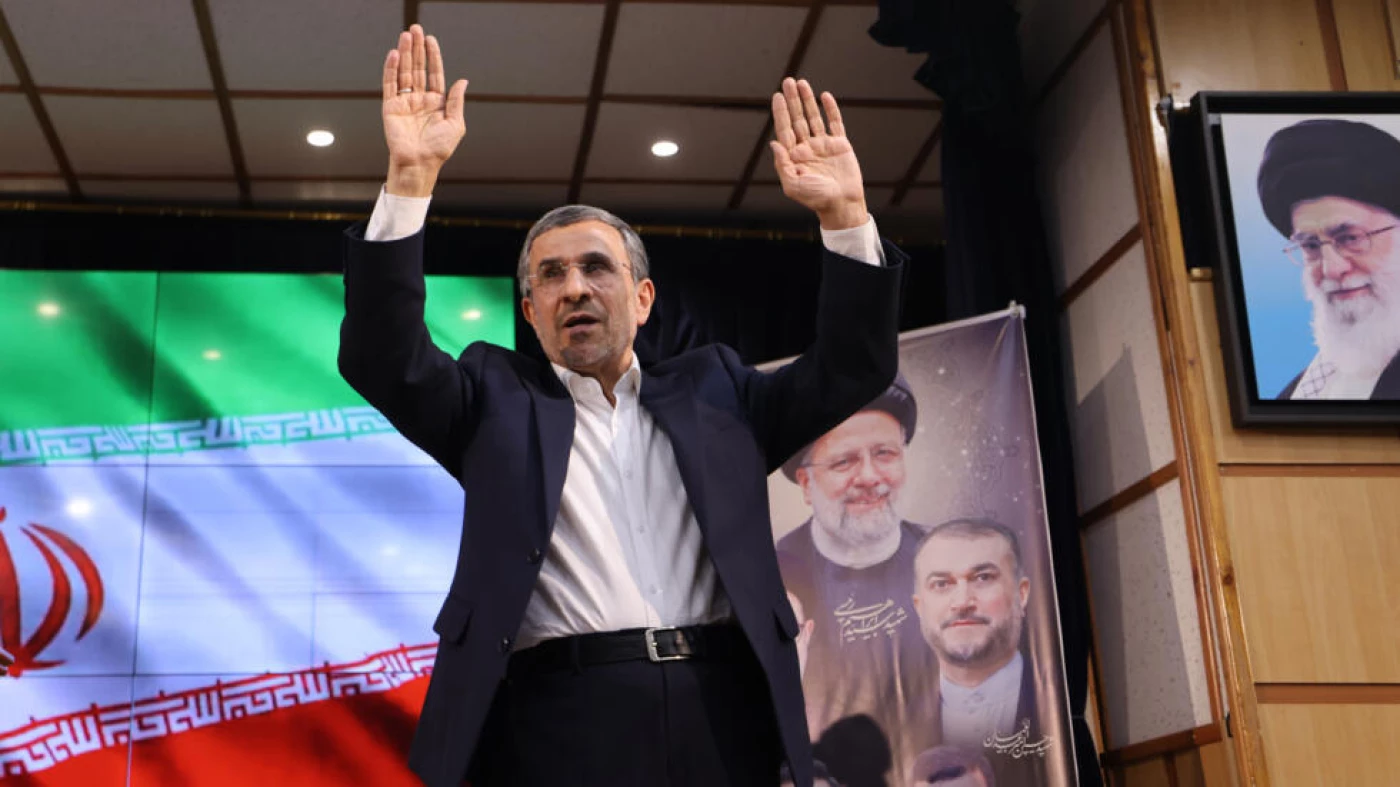
 Facebook
Facebook
 LinkedIn
LinkedIn
 Telegram
Telegram
 X
X
